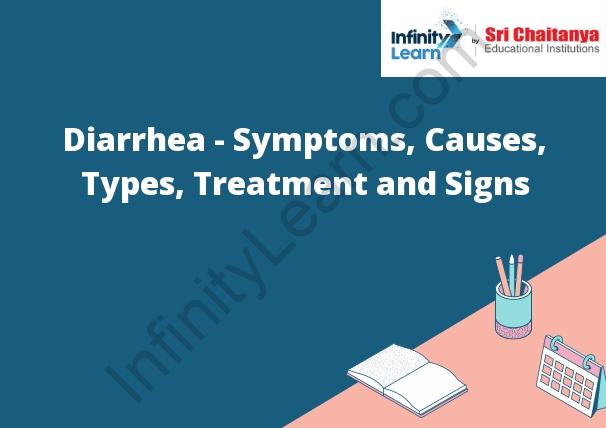Table of Contents
Diarrhoea Symptoms
The main symptom of diarrhoea is an increase in the number of watery stools passed each day. The stools may also be mixed with mucus and blood. Other symptoms may include abdominal pain, nausea, vomiting, and a feeling of being bloated.

What is Diarrhoea?
Diarrhoea is a condition that results in the frequent passage of watery or loose stools. The condition may be accompanied by abdominal cramps, nausea, vomiting, and/or a fever. The cause of diarrhoea may be due to a variety of factors, including a viral or bacterial infection, food poisoning, stress, or the use of certain medications. Treatment for diarrhoea depends on the underlying cause. In most cases, fluid and electrolyte replacement is necessary to prevent dehydration.
What Causes Diarrhoea?
There are many different causes of diarrhoea. The most common are viruses, such as the norovirus, which causes the stomach flu. Bacteria, such as E. coli, can also cause diarrhoea. Food poisoning is a common example of food-borne diarrhoea. Other causes of diarrhoea include parasites, such as Giardia lamblia, and reactions to medicines or to food additives.
Types of Diarrhoea
There are three main types of diarrhoea:
• Acute watery diarrhoea: This is the most common type and is usually caused by a virus or bacteria. It is characterised by a sudden onset of watery diarrhoea, accompanied by nausea, vomiting, and abdominal cramps. The diarrhoea can be severe and can lead to dehydration.
• Chronic diarrhoea: This is a long-term condition characterised by loose, watery stools that occur more than three times a day. It can be caused by a variety of factors, such as food allergies, intestinal parasites, and inflammatory bowel disease.
• Functional diarrhoea: This is a type of diarrhoea that is not caused by a specific medical condition. It is usually the result of changes in the diet or lifestyle, such as eating too many high-fibre foods or drinking too much caffeine.
Some of the Other Types of Diarrhoea Include the Following:
The other types of diarrhoea that can occur include secretory diarrhoea, osmotic diarrhoea, and inflammatory diarrhoea.
Secretory diarrhoea is a type of diarrhoea that is caused by the release of too much fluid and electrolytes into the intestines. This type of diarrhoea can be caused by a number of things, such as a viral or bacterial infection, food poisoning, medications, or a problem with the gut.
Osmotic diarrhoea is a type of diarrhoea that is caused by the ingestion of foods or beverages that are high in sugar or carbohydrates. These foods and beverages can cause the intestines to release too much fluid, leading to diarrhoea.
Inflammatory diarrhoea is a type of diarrhoea that is caused by inflammation of the intestines. This type of diarrhoea can be caused by a number of things, such as a viral or bacterial infection, food poisoning, medications, or a problem with the gut.
Treatment of Diarrhoea
The treatment of diarrhoea depends on the cause. If the diarrhoea is caused by a virus, antibiotics will not help and may make the diarrhoea worse. Most cases of diarrhoea will improve within a few days without any specific treatment.
If the diarrhoea is severe, causes dehydration, or lasts more than a few days, then treatment may be required. Treatment may include:
Rehydration therapy: This involves drinking fluids to replace the lost water and electrolytes. Oral rehydration therapy (ORT) is the most common type of rehydration therapy and can be done at home.
Anti-diarrhoeal medications: These medications can help to decrease the amount of diarrhoea and make it less severe.
If the diarrhoea is caused by a bacterial infection, then antibiotics may be needed.
Signs of Diarrhoea When it’s Must to Visit Doctor
There are a few key signs that indicate when someone needs to visit a doctor for diarrhoea. If a person has more than three episodes of diarrhoea in a day, if the diarrhoea is bloody, if the person experiences dehydration signs such as dizziness, lightheadedness, or thirst, or if the person has a fever, then they should visit a doctor. Additionally, if a person is unable to keep any food or liquid down for more than 12 hours, they should also visit a doctor.
Points To Remember
1. Use a comma to separate items in a series.
2. Use a comma to separate adjectives that modify the same noun.
3. Use a comma to introduce a direct quotation.
4. Use a comma to separate independent clauses.
Quick Ways to Understand this Chapter
1. How do you think about the future?
2. What are some things you can do to prepare for the future?
3. What are some things you can do to make the future better?








